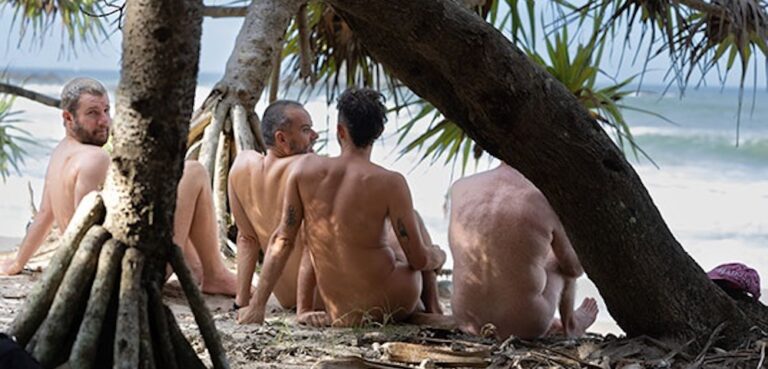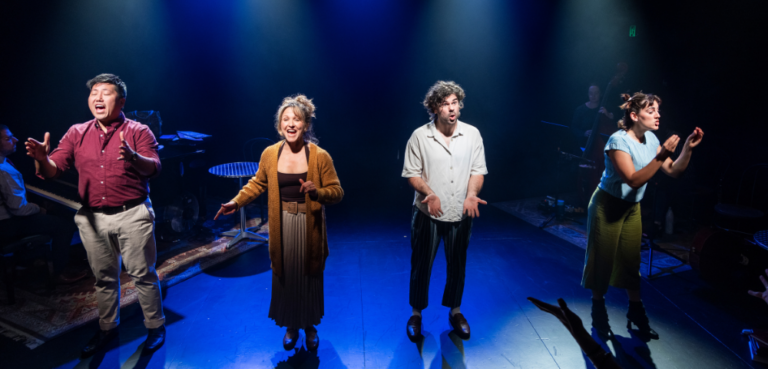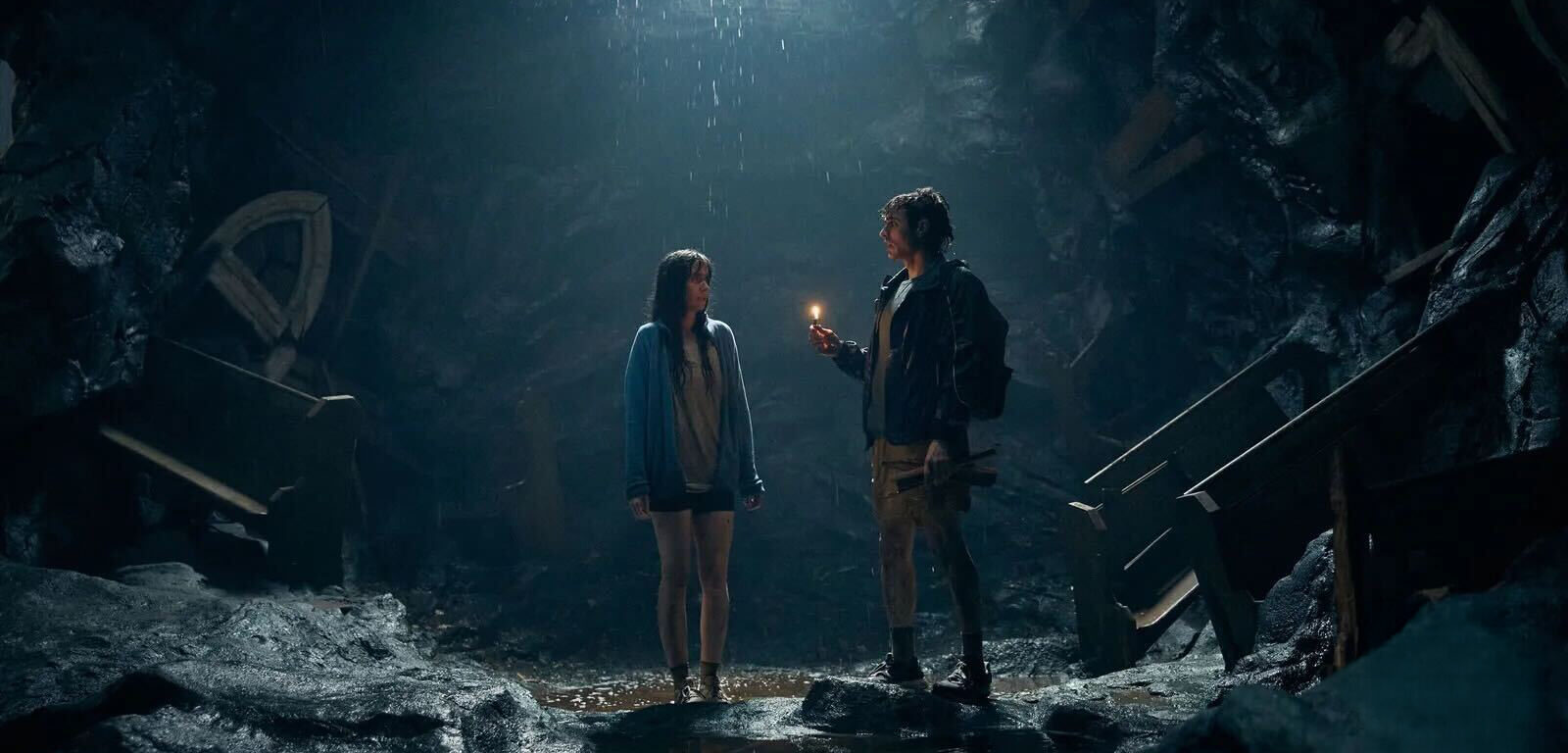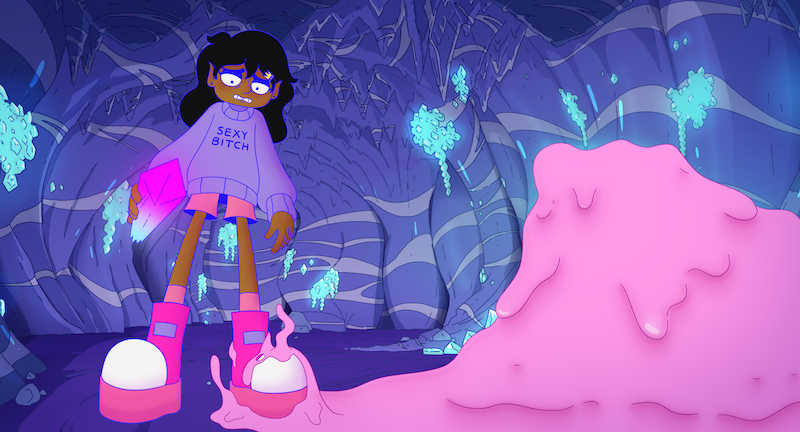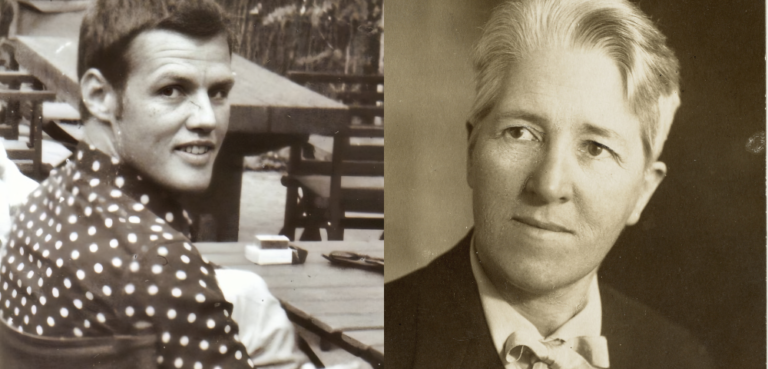
LARS VON TRIER’S ANTICHRIST
Grief, the loss of a child to parental sex-distraction (via Ibsen’s Little Eyolf), psychotherapy and a hailstorm of acorns hardly seem the standard ingredients for a horror film. And neither is notorious Danish director Lars von Trier (The Idiots, Dogville, Breaking the Waves) the man you’d expect to be directing it. Booed at Cannes, lambasted for its misogyny and explicit sex scenes and brutality, Antichrist is preceded by a tempest that shows no sign of abating. But in the eye of the storm is a strangely beautiful, allegoric film about a grieving couple that is tense, taut and truly terrifying. It came from a time when von Trier was suffering from depression. “I needed to do something, to have a job to go to … My original idea was to try and make a horror film. I have also tried to make a musical before (Dancer in the Dark with Bjork) and it did not become one, in the same sense that this did not really become a horror film. The very nice thing about horror films is that the universe allows so many different things,” – here he might be referring to his talking fox and other creepy forest creatures, – “You can put almost any picture in a horror film and get away with it.”
A lot has been said of the film exemplifying the ‘woman bashing’ label von Trier has been dogged with. When asked if it would’ve worked if the gender roles had been reversed – He as She and vice versa – von Trier barely pauses. “I think that would’ve been much worse. As it is now, She comes out as a living person. The male characters in my films tend to be very clumsy and idiotic. If you swapped them, it would be degrading to women.” Certainly, Charlotte Gainsbourg (She) has a fragile, heartbreaking presence, that Willem Dafoe as He lacks. He seems merely a cipher, a conduit through which she travels to her own insanity and the wild, untamed tangle of nature. In taking on the role, Gainsbourg claims she felt she was portraying von Trier, his anxiety and depression. She told the Village Voice, “In his own fragility, Lars was the female character.” “I filled her in a little bit on panic attacks, which is something I am an expert in,” says von Trier. “There’s a very strong physical side to it that overwhelms the emotional.” There is certainly an obvious physicality to the movie, muted only by the slick production and highly stylised cinematography. She, a bare bones wisp of a human, descends into bloody violence, smashing her husband’s genitals, slicing off her own, eventually strangled. He is more cerebral. And following the death of their young child, the couple retreat to Eden. So yes, that’s a He and a She, in the Garden of Eden, in a film called Antichrist. “Normally I’m fighting symbolism in films. But this time, maybe because I had such a bad time, I just didn’t care. When you simplify films very much, at a certain point everything becomes symbols, or can be read as such.”

However the paradise garden quickly deteriorates into a hellish, memory-laden battleground. When asked about the ominous presence of nature throughout the film, von Trier says, “I am very much a nature man. Whenever you have a panic attack you want to run and hide in the woods. So it was an interesting thing that it was scary and also really loved at the same time.” This comment could almost be read to cover von Trier’s filmic relationship with women. In the final scenes, a verdant hill teems with moving bodies – an army of females, approaching upon a solitary male. They are portrayed as strong, beautiful and threatening – just like nature, and just as unknowable. “It came from a point where I realised these forests that you see in the paintings … there’s a little lake and a Bambi standing there, that’s somehow how we all like to think nature is. But this nature, is defined by suffering and dying and killing.” In Dafoe’s pyramid of fear that he draws of his wife, nature is replaced by Satan which is replaced by ‘me’ – the self. When asked how much fear motivates his creativity, von Trier is momentarily taken aback. “A lot of the work our brains do is to kind of stop impressions to overwhelm you, you have some kind of a filter that takes away something like 98% of what we see and hear and feel. I have this theory that some artists have a damaged filter and that means they might be able to show something of interest, but also that the damaged filter hurts you and makes you fear.” And there lies the real horror – the comingled fear of creation along with its deep attraction.
Antichrist is out in various cinemas from Nov 26.


